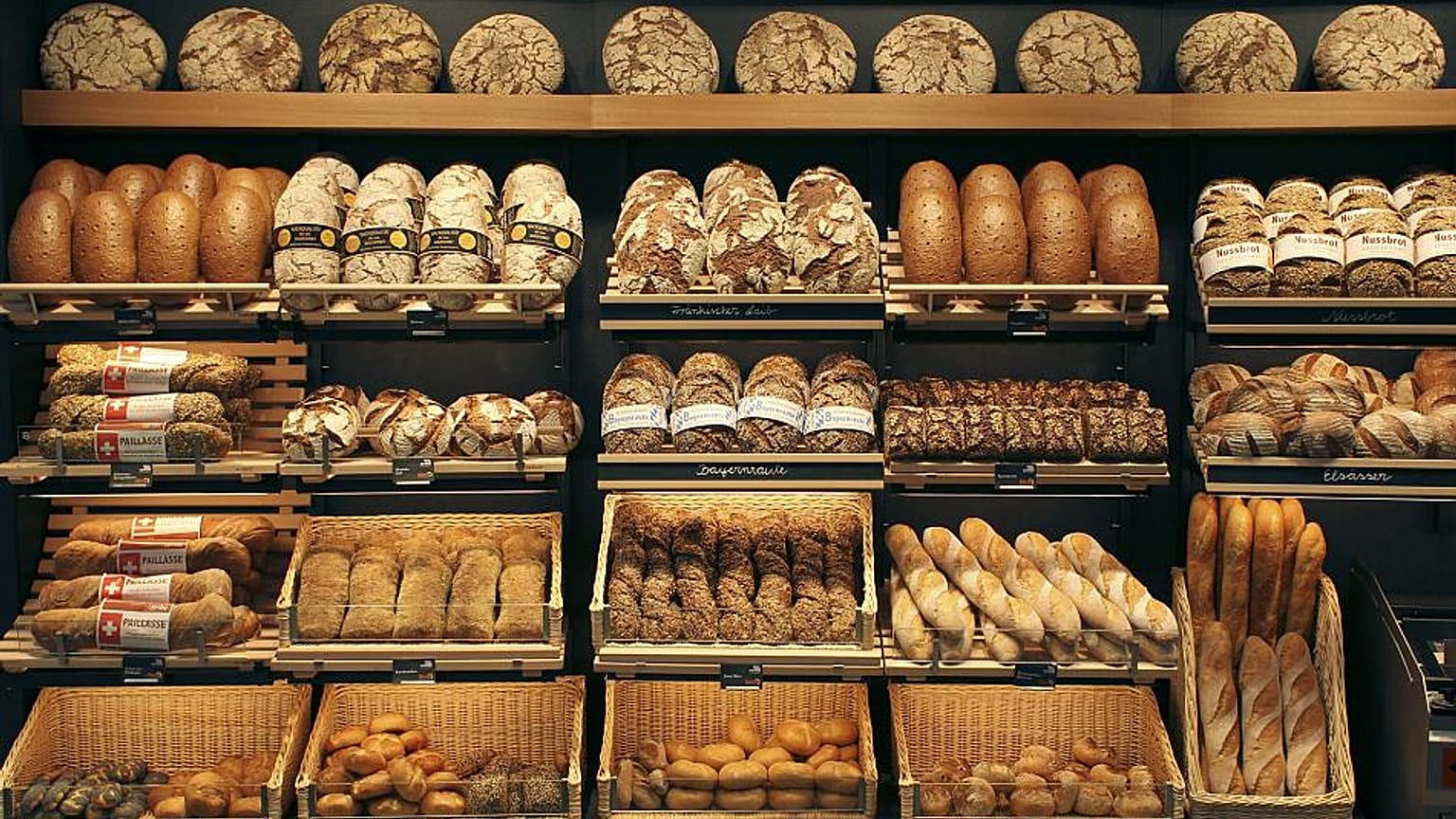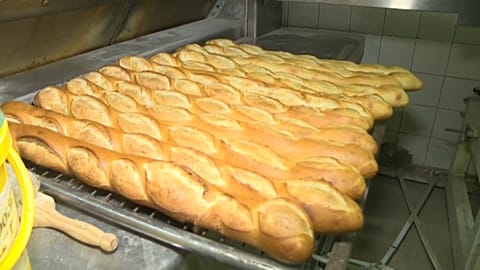Bread consumption in Spain has plummeted by 80% since the 1960s, from 134 to 28 kilos per person per year. Behind this drop is a big change in cultural and culinary tastes. With bread also blamed for people being overweight, four out of ten bakeries in Spain have gone out of business.
Bread, that inseparable companion of every Spanish meal, is disappearing from our tables at an alarming rate.
The figures are stark. In the early 1960s, each Spaniard consumed 134 kilograms of bread a year; today that amount has plummeted to 28 kilograms a year, a drop of 80% that reflects much more than a simple change in diet.
The transformation is, above all, generational and cultural.
As José María Fernández, secretary general of the Spanish Confederation of Bakeries, explains, there is a radically different approach between young and old: "My generation does not know how to eat without bread, my children's and grandchildren's generation does know how to eat without bread".
Young people have replaced this traditional food with other sources of carbohydrates such as pizzas or pasta, and associate bread directly with being overweight and food intolerances.
This shift away from the Mediterranean dietary pattern has been progressive but relentless.In the last decade, demand has fallen by more than 20%, from 34.9 kilos per capita in 2015 to 27.82 kilos in 2025. The daily shopping for bread, once a ritual, has become increasingly rare.
Nutritional myths and quality-killing industrialisation
One of the most influential factors in this decline is the misperception of its nutritional properties.
"Bread has been demonised by the mistaken mantra that it is fattening," denounces Silvia Martín of the Association of Bakery Industries. This belief has become so widespread that 29.2% of Spaniards follow a bread-free diet, while 24% do not consider it necessary for a balanced diet.
The nutritional reality is different: the fat content of bread is low, but the sector has been trying to debunk this myth for decades without much success. In addition, many non-intolerant people have wrongly stopped consuming gluten products, further contributing to the decline.
The crisis has hit the traditional sector hard. Four out of ten bakeries have closed since the beginning of the century, victims of falling consumption and problems of generational replacement. Bread has become 30% more expensive in a decade, and is now mainly sold in supermarkets and petrol stations, where industrial production prevails.
As the artisanal bakery 3Letras Pan denounced on RTVE, "what has happened is an industrial-level product with a very short fermentation and with a lot of yeast and very, very flat flavours". This vicious circle is clear: industrialisation generates poorer quality, which in turn reduces consumption, which encourages even more industrialisation.
Is there a future for Spanish bread?
Despite the gloomy outlook, there is a growing niche of conscious consumers who are opting for quality, wholemeal or sourdough breads. Those who continue to consume bread are doing so more frequently and with better criteria, which indicates a polarisation of the market.
The sector is committed to quality as a means of recovery. As Escarpa says, "if real bread were made in all the places where bread is made, consumption of this product would increase significantly". The challenge lies in recovering the culture of good bread in a society that has radically changed its relationship with traditional food.
The decline in bread consumption in Spain is, in short, the reflection of a profound social transformation: changes in eating patterns, persistent nutritional myths, new lifestyles and a loss of traditional gastronomic culture in the context of modernisation.
Bread is not only disappearing from our tables; with it also goes a way of understanding food and coexistence that defined Spain for centuries.


















